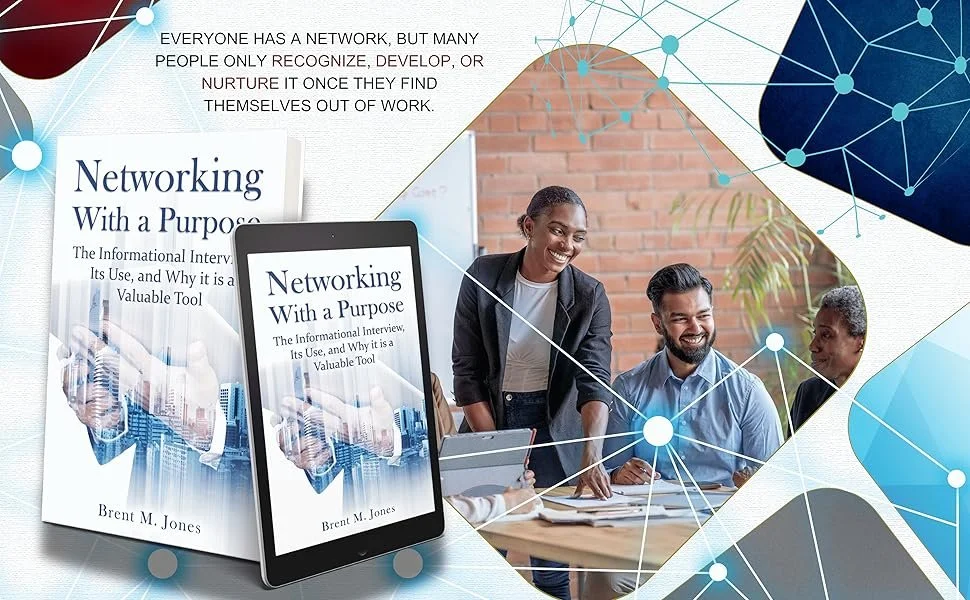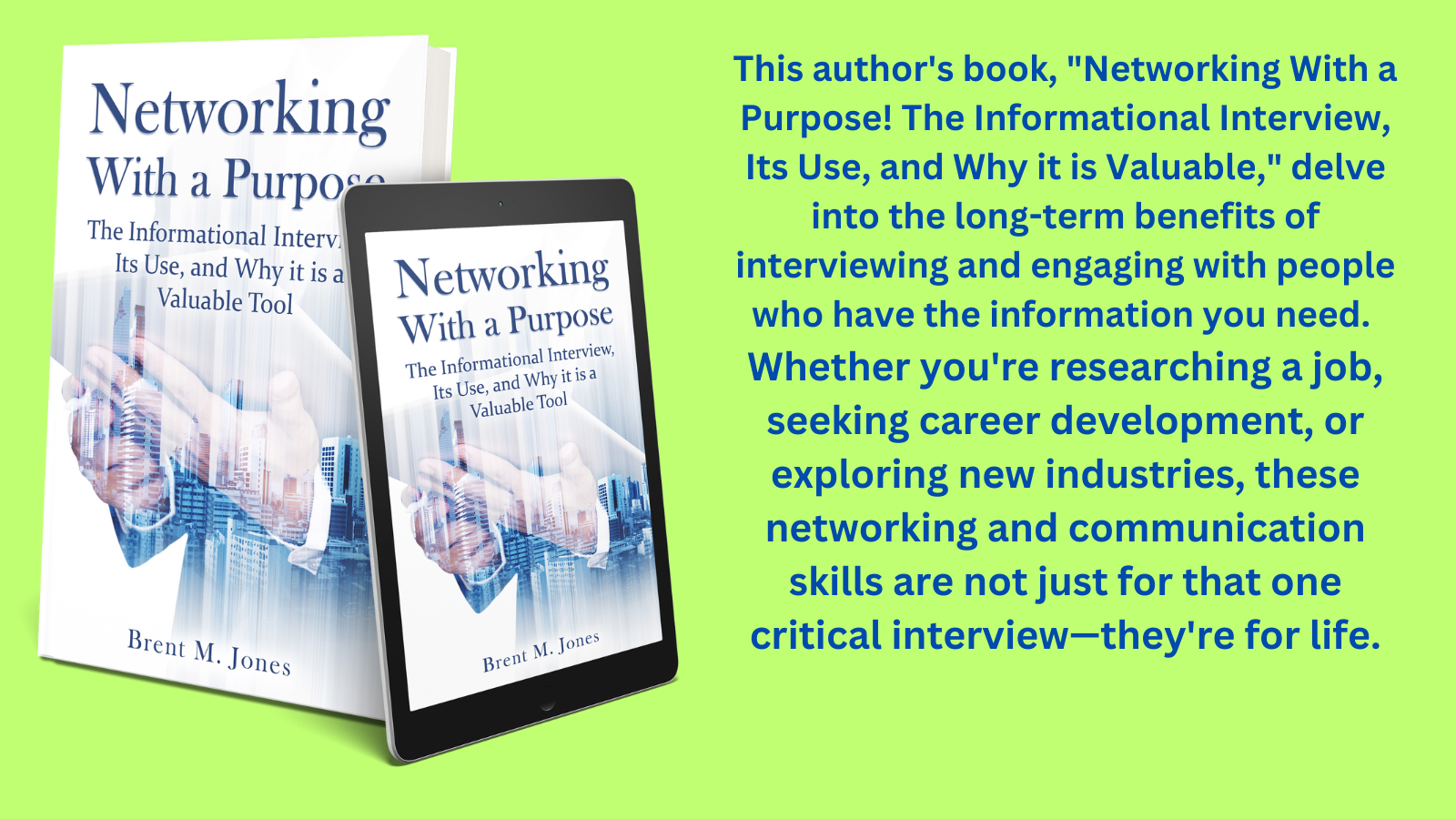Whether you’re searching for a job, building a career, or simply navigating each week, networking remains a vital part of professional and personal success. But there's a key distinction often overlooked—knowing people isn't the same as being connected to them. You may have hundreds of contacts, but real value lies in the smaller circle of authentic connections you’ve built.
Networking, at its core, is about exchanging information and forming relationships that support mutual growth. It's an activity that can be approached with intention—or performed aimlessly. Success comes not from how many people you meet, but how meaningfully you engage with them.
The best goal of networking is not just to gain value, but to contribute value. That shift in mindset—from extraction to contribution—is what transforms shallow contacts into lasting professional relationships. To do this well, you need strong interpersonal skills. These so-called “soft skills”—communication, empathy, listening, and positive thinking—are actually the foundation of effective networking. They allow you to build trust, read the room, and relate to others beyond titles or transactions.
People who approach networking selfishly often trigger resistance or disconnection, creating a sense that there's not enough to go around. In contrast, generosity is the secret ingredient. When you genuinely focus on what others need—and offer help without expecting anything in return—you not only build goodwill, but you also inspire others to do the same. Generosity is contagious. It elevates conversations, strengthens relationships, and fosters communities where people want to stay connected.
Final Thought:
Great networkers aren’t just well-connected—they’re trusted, respected, and remembered. They leave others better than they found them. If you want to stand out, shift your focus from “What can I get?” to “How can I contribute?” That’s where real opportunity lives.





